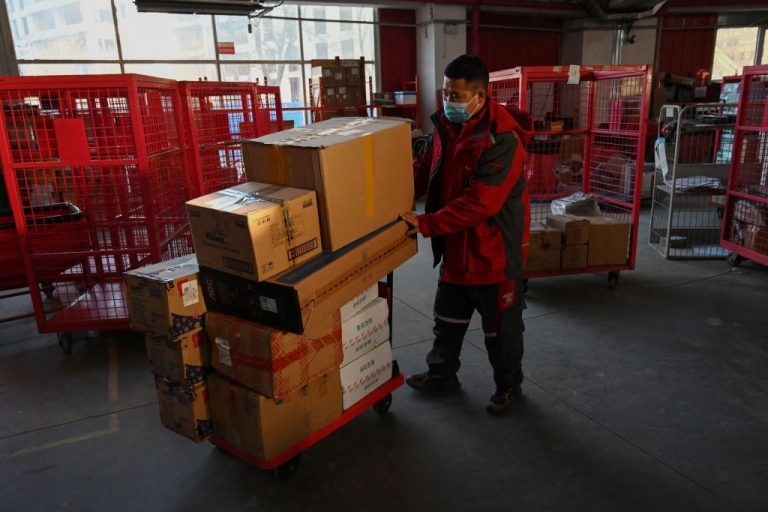As Beijing’s regulators turn up the heat on a heavily saturated internet sector, adding financial pressure to tech companies already impacted by profit declines and a struggling Chinese economy.
The mounting financial strain has resulted in a new wave of job cuts across China’s financial and tech sectors. Some of the country’s largest tech firms — mobile video sharing Kuaishou, Tiktok owner ByteDance, e-commerce giant Alibaba, gaming platform Tencent, and video-streaming platform iQiyi, owned by Baidu — have all reported layoffs in recent months.
Now, online retailer JD.com has announced an expanded round of layoffs, cutting people in nearly every business unit, including its core retail businesses, state media reported.
READ MORE:
- China’s Tech Industry Seeing Largest Round of Layoffs as Beijing’s Sweeping Crackdown Continues
- In 2022, Expect China’s Economy to Worsen Further
- Layoffs Increase in China as Multiple Industries Get Hit By Tougher Regulations
According to business news portal Jiemian, JD plans to cut between 10 to 30 percent of its roster — or around 400 to 600 employees — with cut rates varying by departments, according to a widely-circulated internal spreadsheet.
The spreadsheet reveals how the company will break down the job cuts within its technology, business development, and platform operation positions, while the firm’s international business unit will trim 10 to 15 percent of its headcount.
In addition, the company’s community group buying service Jingxi will be facing the largest number of layoffs. Some of the unit’s regional branches will be dismissing their entire teams in the provinces of Guangdong, Jiangxi, and Sichuan.
The Jiemian report also added that there will be few opportunities for internal transfers to other departments since the large round of layoffs will affect the whole company.
Slumping profits
Success
You are now signed up for our newsletter
Success
Check your email to complete sign up
On March 10, JD released its Q4 financial reports for 2021, revealing a net loss of 5.2 billion yuan (US$ 0.8 billion) in a single quarter, compared with a net profit of 24.3 billion yuan in the same period last year.
According to internal speculation among employees, gaming platform Tencent is expected to also lay off 10 to 30 percent of its employees, while China’s largest e-commerce firm Alibaba will lay off 30 percent — though these figures have yet to be confirmed by either company.
China’s stagnating economy brought about by unrelenting new waves of COVID-19 coupled with escalating trade tensions with the U.S., have resulted in a growing number of Chinese businesses struggling to survive.
Worsening economy increasing consumer hesitation
Alibaba and agriculture-focused tech firm Pinduoduo both recorded their slowest quarterly revenue growth in the fourth quarter of 2021 since their respective IPOs in 2014 and 2018.
Alibaba marked its slowest increase in revenue since listing in the three months ending December 2021, Bloomberg reported. Tencent’s sales also grew at its slowest pace in 18 years during the third quarter of 2021.
In addition to profit declines, Chinese tech firms have also struggled to encourage users to spend more money online as China’s economy continues to slow further. Even though the country reported a GDP growth rate of 8.1 percent last year, its fourth-quarter growth was only 4 percent from a year before, marking a slowdown of 4.9 percent in the third quarter and 7.9 percent in the second.














